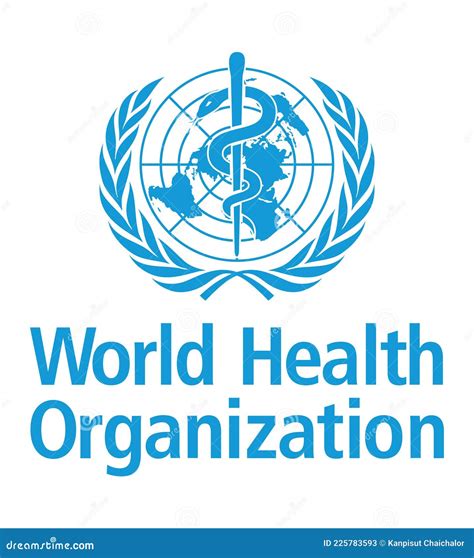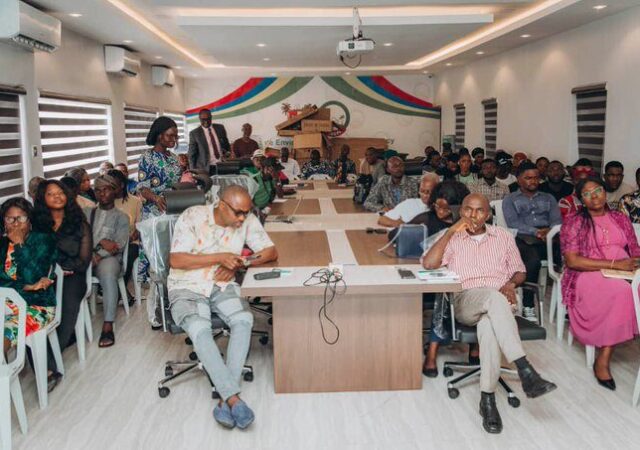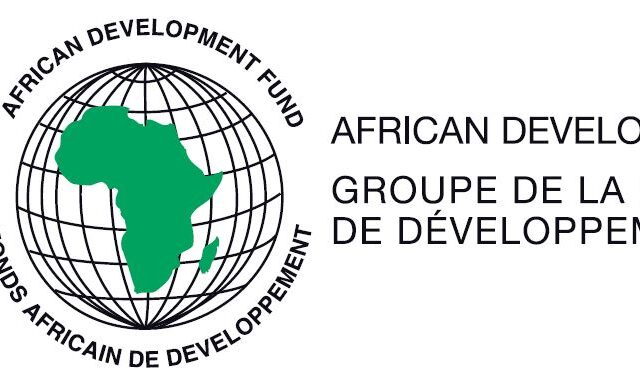Germany had already contributed an additional €2 million at the beginning of April. With the added contributions, the German government aims to support the Geneva-based organization following the departure of the US, its largest contributor.
Washington’s withdrawal, ordered by US President Donald Trump, is set to take effect at the beginning of 2026.
Warken, speaking during a meeting with WHO Director-General Tedros Adhanom Ghebreyesus in Geneva, said it was important for the organization to advance its reform process and focus on its core tasks.
These include global health monitoring, pandemic preparedness, disease control, and equitable access to medical care.
Warken is in Geneva for the opening of the WHO’s annual assembly on Monday, during which a finalized pandemic agreement is expected to be adopted.
This, she said, demonstrates what member states are capable of achieving: “Protecting the health of people worldwide through better cooperation.” After the US exit, she said few thought this were still possible.
Germany has already supported the WHO with approximately €290 million during the 2024-2025 biennium, according to ministry figures.
The new pandemic agreement commits countries to strengthening their health systems and monitoring of the animal kingdom. Disease outbreaks are to be detected quickly and contained as rapidly as possible.
The agreement also aims to regulate the procurement of protective equipment and the distribution of vaccines. The agreement still needs to be ratified by participating countries.







